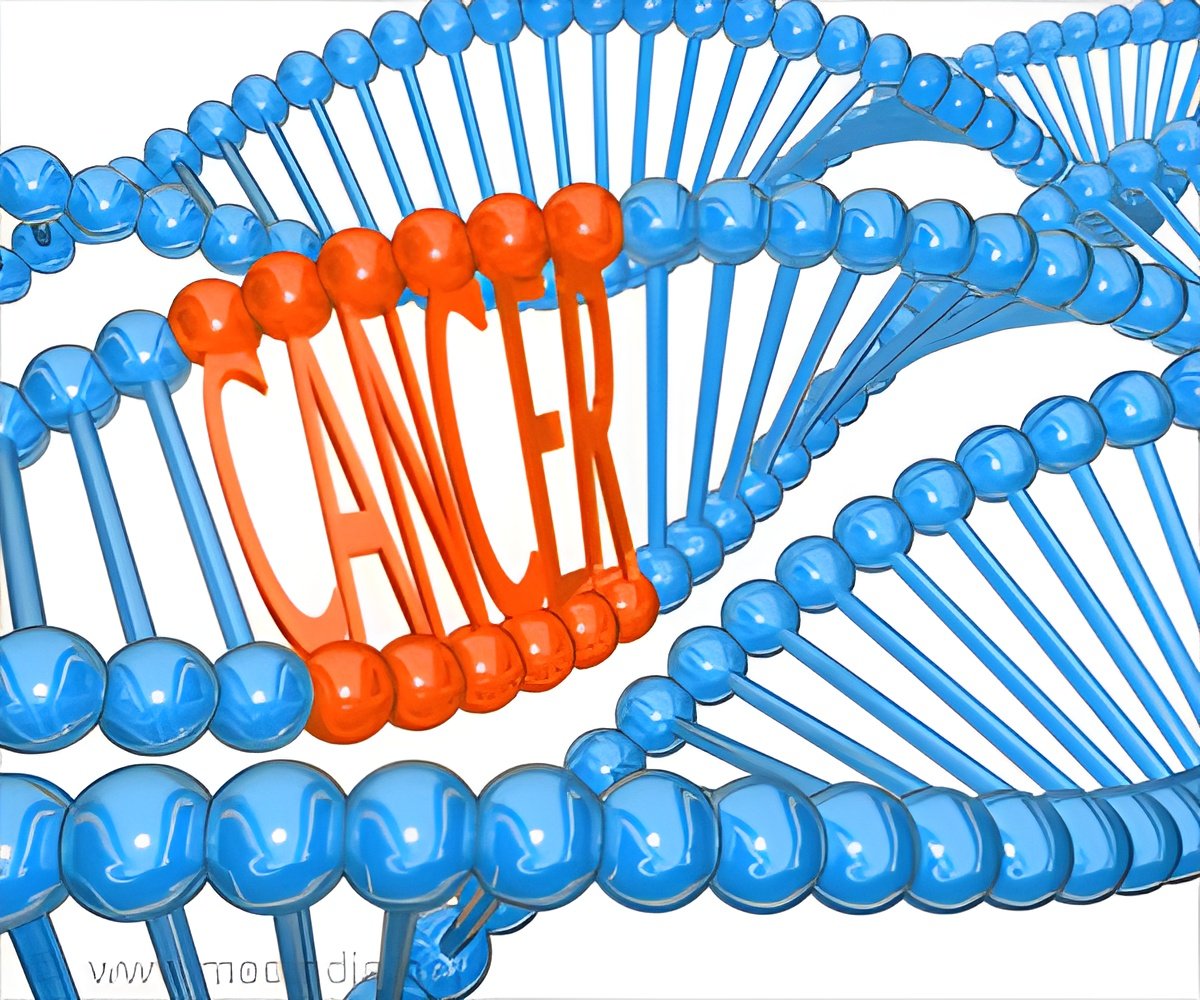Appendix cancer is rare and treated like colon cancer. Genetic mutations in appendix cancer are different from those found in colon cancer and mutations in the genes TP53 and GNAS are good predictors of survival among people with appendix cancer, study confirms

‘Appendix cancer is rare and treated like colon cancer. Scientist have found genetic mutations in appendix cancer are different from those found in colon cancer and mutations in the genes TP53 and GNAS are good predictors of survival among people with appendix cancer. These findings could impact appendix cancer treatment.’





The rarity of appendix cancer, accounting for less than 1 percent of tumors that originate in the gastrointestinal tract, and the lack of scientific data for this disease means that current treatment guidelines recommend applying therapies to people with appendix cancer that are intended for those with colon cancer. To understand why some patients with appendix cancer respond to standard treatment while others do not, University of California San Diego School of Medicine and Moores Cancer Center researchers, in collaboration with Foundation Medicine, performed genetic profiling on 703 appendiceal tumors -- the largest such study of this disease to date -- to compare mutations present in both cancer types.
The findings, published online August 8 in JCO Precision Oncology, confirm that genetic mutations in appendix cancer are distinct from those found in colon cancer and that mutations in the genes TP53 and GNAS are good predictors of survival among people with appendix cancer.
"For tumors that are rare like appendix cancer, obtaining molecular profiles will help identify potential treatment options since we don't have the clinical trial data to help guide treatments as we do in common tumors," said lead author John Paul Shen, MD, a postdoctoral fellow in the lab of co-author Trey Ideker, PhD, UC San Diego School of Medicine professor of medicine. "Equally important, the mutation profile can be used as a biomarker to separate high-risk patients, who need intensive treatment, from low-risk patients who may not need such an intensive treatment."
The retrospective study found that appendix cancer is comprised of five distinct subtypes: mucinous adenocarcinomas (46 percent), adenocarcinomas (30 percent), goblet cell carcinoids (12 percent), pseudomyxoma peritonei (7.7 percent) and signet ring cell carcinomas (5.2 percent).
Advertisement
"This striking finding raises the question of whether patients with early stage, GNAS-mutant tumors need to be treated with chemotherapy, as it is possible they could be cured with surgery alone; a question we will focus on in our next study," said Shen.
Source-Eurekalert














